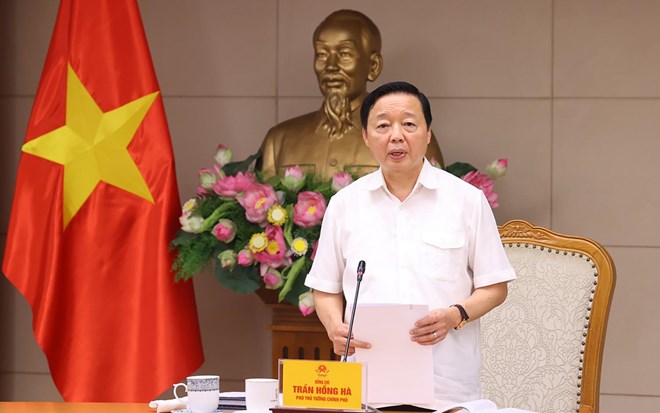
On July 1st, Deputy Prime Minister Tran Hong Ha chaired a nationwide in-person and online meeting to discuss and finalize the draft decree detailing regulations on rice cultivation land.
According to the Government Office , the draft decree consists of 4 chapters and 18 articles regulating the management and use of rice-growing land; and policies to support the protection and development of rice-growing land.
Speaking at the meeting, Deputy Prime Minister Tran Hong Ha stated that localities identified as key rice-producing regions still face difficulties in socio-economic development. Agricultural economics remains dependent on weather, climate, and market conditions, and has not yet yielded the same quick returns and benefits as other sectors.
Therefore, the Land Law and the Decree on rice land must have mechanisms and policies to enable localities that are key rice-producing regions to fulfill their political tasks while simultaneously developing their socio-economic aspects;
Farmers receive focused support, facilitating the application of science and technology, increasing productivity, moving towards large-scale production, and ensuring stable income and living standards.
The Deputy Prime Minister emphasized the spirit of "closely adhering to the law and practice to institutionalize and implement policies on rice land in the Land Law, ensuring synchronous and unified implementation nationwide."
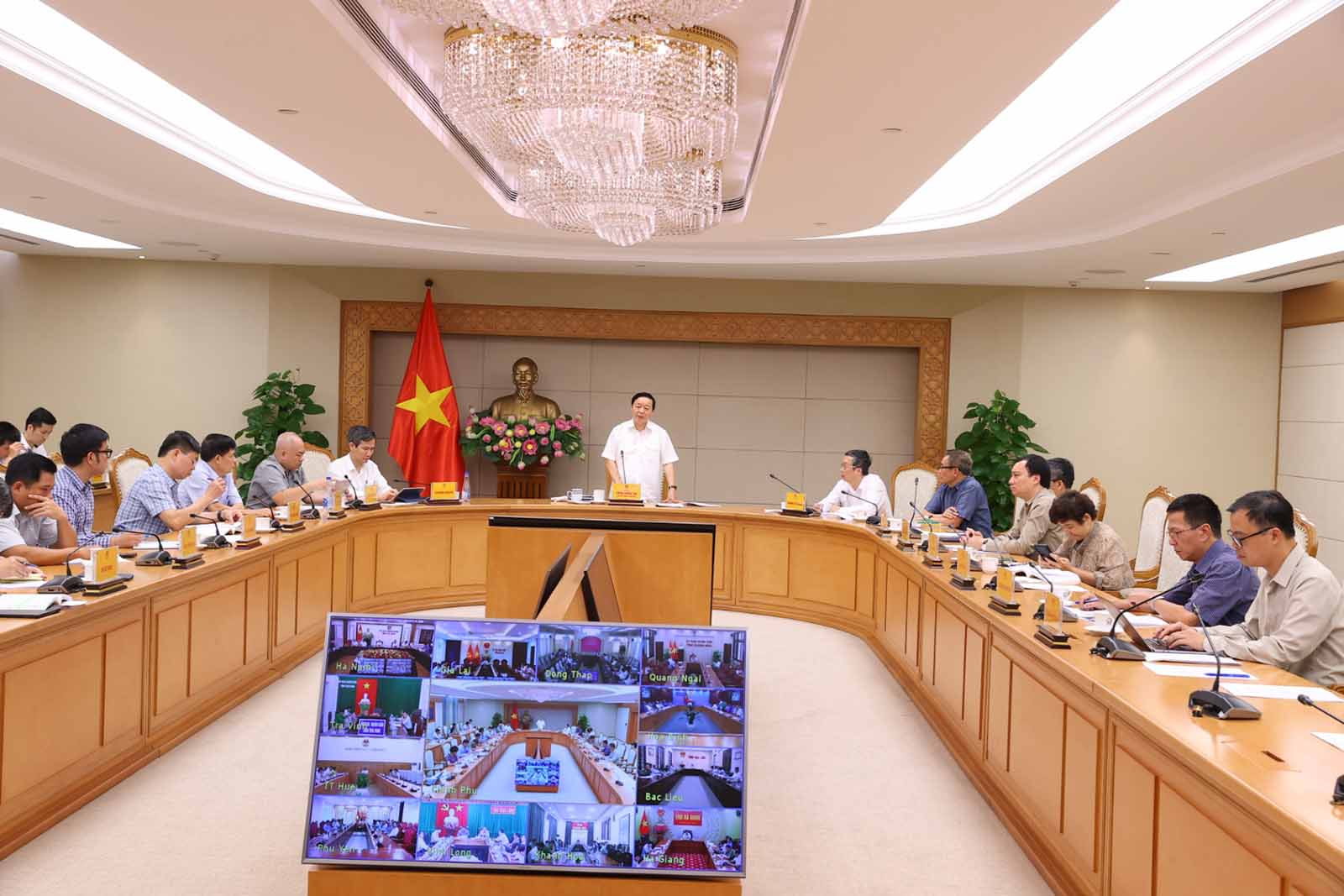
The Deputy Prime Minister requested that the Ministry of Agriculture and Rural Development revise and supplement the quantitative scientific criteria to serve as a basis for localities to identify high-yield, high-quality rice-growing areas within the total rice-growing land and specialized rice-growing land allocated by the Ministry of Natural Resources and Environment.
Furthermore, the Ministry of Agriculture and Rural Development, in coordination with the Ministry of Natural Resources and Environment, identifies major rice-growing regions such as the Mekong Delta, the Red River Delta, and the Central Coastal region. They then delineate areas of high-yield, high-quality rice land suitable to the specific characteristics of each region. From this, they develop regulations and policies for management that are appropriate to the local context.
The Deputy Prime Minister also requested the Ministry of Agriculture and Rural Development to clarify the procedures, processes, and scientific basis for converting the crop and livestock structure on rice land to perennial crops and aquaculture.
Deputy Prime Minister Tran Hong Ha requested that the Ministry of Agriculture and Rural Development compile a policy framework to support the development of rice-growing areas in general, rice-specialized areas, and areas growing high-yield, high-quality rice, with policy layers and mechanisms including: public investment, recurrent expenditure, and social mobilization.
According to the Deputy Prime Minister, in addition to existing policies that have proven effective in practice, the Decree needs to include new regulations and mechanisms to help organizations, businesses, and rice farmers cope with climate change risks, support fertilizers, agricultural supplies, and agricultural equipment; and access markets… The goal is to ensure stable income and improve the living standards of rice farmers in all situations.
Policies supporting infrastructure, science and technology, trade, services, and the construction of facilities serving multi-purpose agricultural production should prioritize large-scale production areas for businesses, cooperatives, and models of linkages between households.
"The decree institutionalizes support policies, issues criteria, and delegates authority to localities for implementation, ensuring feasibility, consistency, and provisions for supervision, inspection, and auditing," the Deputy Prime Minister said.
Source: https://laodong.vn/thoi-su/dua-cac-chinh-sach-ve-dat-lua-trong-luat-dat-dai-di-vao-cuoc-song-1360204.ldo




![[Photo] General Secretary To Lam visits the exhibition space showcasing books, photo exhibitions, and achievements of digital transformation in journalism.](/_next/image?url=https%3A%2F%2Fvphoto.vietnam.vn%2Fthumb%2F1200x675%2Fvietnam%2Fresource%2FIMAGE%2F2025%2F12%2F19%2F1766110879215_1766110240024-jpg.webp&w=3840&q=75)


![[Photo] Enchanting ancient rose garden on the mountainside in Nghe An](/_next/image?url=https%3A%2F%2Fvphoto.vietnam.vn%2Fthumb%2F1200x675%2Fvietnam%2Fresource%2FIMAGE%2F2025%2F12%2F19%2F1766109900916_vuon-hong-chin-do-thu-hut-du-khach-toi-check-in-o-ha-noi-3-20162778-1671624890024-1671624890104198100259.jpeg&w=3840&q=75)












































![[INFOGRAPHIC] Overview of the Hoa Phat Dung Quat Rail and Special Steel Production Plant Project](https://vphoto.vietnam.vn/thumb/402x226/vietnam/resource/IMAGE/2025/12/19/1766111183203_z7339170069817-126a3e5a095f62e606a0be41015c1b80.jpeg)












































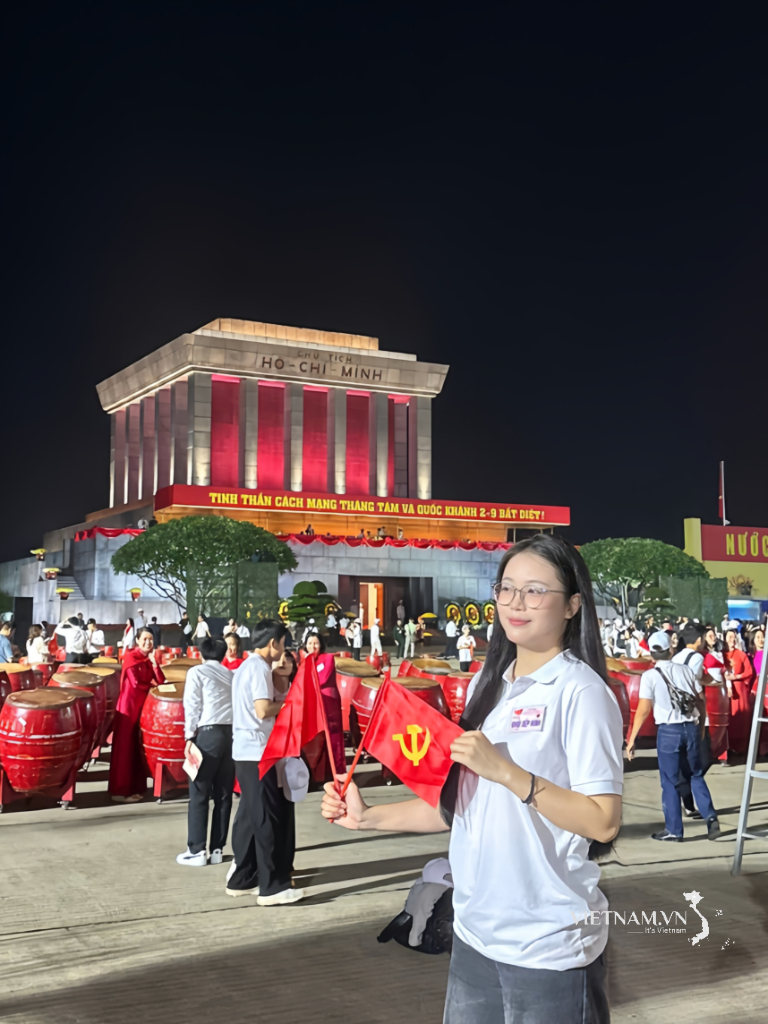
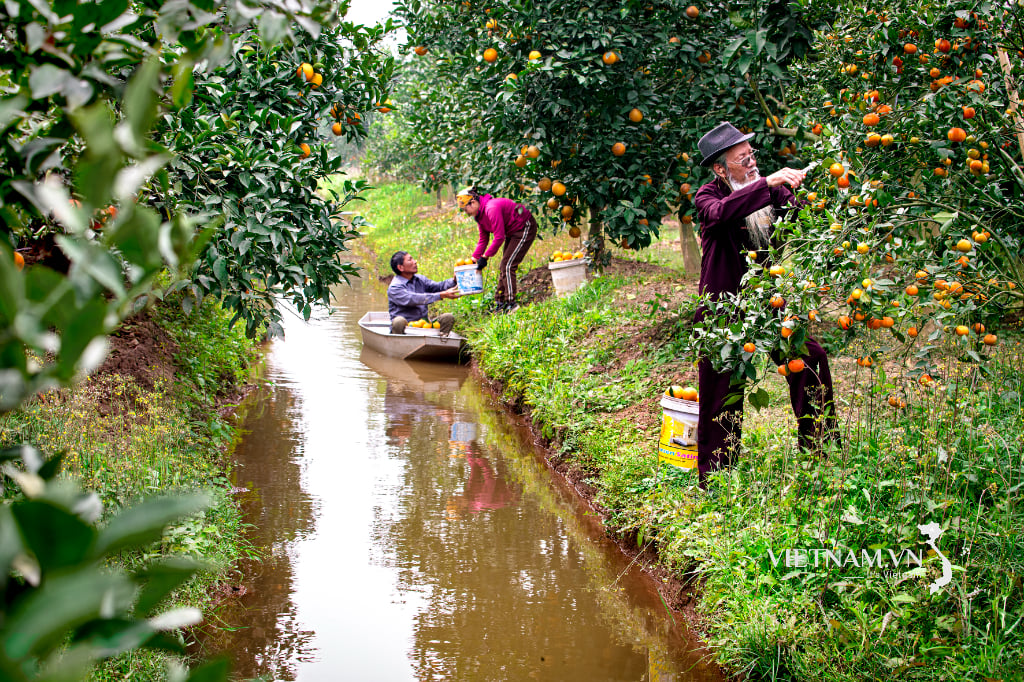
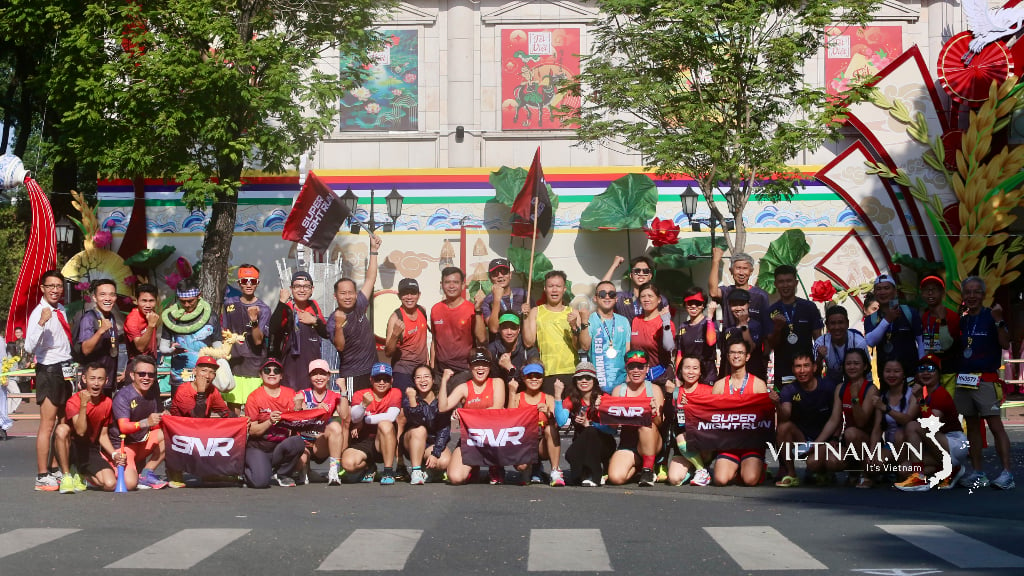

Comment (0)